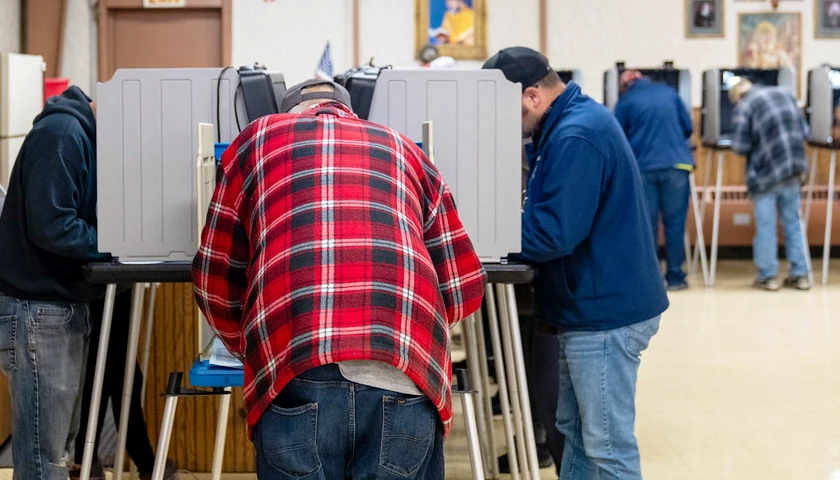by Todd DeFeo
Legalizing sports wagering in Ohio could generate $7 million in tax revenue for the state in the first year, a number that could increase to $9 million in the second year.
That is on top of $1.3 million in license fees in the first year of operations, and between $300,000 and $500,000 in license fees in subsequent years, according to an estimate from the Legislative Budget Office.
House Bill 194 would grant the Ohio Lottery Commission the authority to allow sports gaming in Ohio and effectively bring into the open an existing industry. The move has attracted some of the biggest names in the industry – including Penn National Gaming and MGM Resorts International – to push legislators to proceed with the initiative.
“Illegal sports wagering has continued to flourish across all mediums – in person, over the Internet, and most recently through sophisticated mobile applications,” Ayesha Molino, senior vice president of federal government affairs for MGM Resorts International, said in testimony to the House Finance Committee.
“Ohio residents currently have convenient access to illegal, unregulated mobile sports wagering sites,” Molino said. “But they lack a legal, properly regulated alternative. And restricting a legal mobile market will not compel people into brick-and-mortar facilities or prevent them from wagering on sports; it will merely keep people on the existing black market.”
Under the proposal, the state’s four casinos, seven racinos and more than 1,000 veterans and fraternal organizations could offer sports wagering. The state would levy a 10 percent tax on gross gaming revenue.
As part of the legislation, casinos would pay a $100,000 license fee and an annual renewal fee of $100,000 or 1 percent of the gross receipts from sports wagering during the previous year. Fraternal and veterans organizations would pay a $1,000 license fee and a yearly $1,000 renewal fee.
Eric Schippers, senior vice president of public affairs and government relations for Penn National Gaming, asked lawmakers to limit wagering to casinos and racetrack operators.
“Ohio’s gaming operators have invested billions of dollars in their brick-and-mortar establishments in this state and are major drivers of job creation and economic activity in our host communities,” Schippers said in his testimony. “We have well-established, rigorous compliance and responsible gaming protocols in place to ensure a safe wagering environment for consumers.”
Schippers also pushed back on the notion that sports wagering is a significant money maker for casinos, citing numbers from New Jersey. While bettors placed $320 million in wagers in February, the state’s sports book operators made $12.7 million, he said.
The push to legalize wagering comes in the wake of a May 2018 U.S. Supreme Court ruling that opened the door for states to legalize sports wagering. As expected, several states – including Colorado, Indiana, Illinois, Louisiana, Pennsylvania and Tennessee – are discussing legalizing sports wagering or have approved legislation.
– – –
Todd DeFeo is a contributor to The Center Square.





